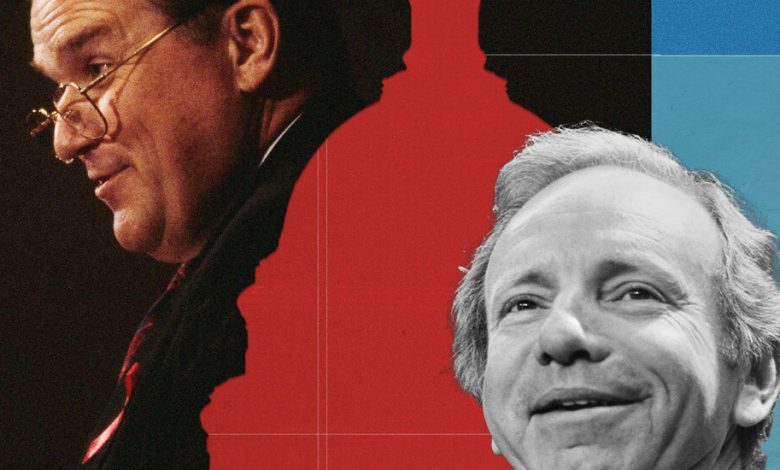Joe Lieberman and David Mixner, Exemplary Outsiders

The gay activist David Mixner and Senator Joe Lieberman died last month at the ages of 77 and 82, respectively, and were it not for the coincident timing of their passing, I would have no reason to reflect collectively upon their legacies. Biographically, ideologically and temperamentally, they were very different men, and to my knowledge, never interacted. But I was fortunate to know them both, and after attending their funerals last week, I’ve come to appreciate some important qualities they shared.
In the summer of 1993, Mr. Mixner was at the height of his political influence. An old friend, Bill Clinton, was occupying the White House. In April, Mr. Mixner spoke to an estimated one million people assembled on the National Mall for the March on Washington for Lesbian, Gay and Bi-Equal Rights and Liberation. And the next month, he featured prominently in a Vanity Fair spread celebrating America’s “new gay power elite.”
As would become evident once Mr. Clinton reneged on a promise to repeal the ban on gay people serving in the armed forces, however, the trappings of power were not what attracted Mr. Mixner to politics. Even before Mr. Clinton entered the White House, military leaders had expressed strong support for the ban, and the administration eventually agreed to a compromise allowing gays to serve provided they kept their sexual orientation secret, a policy known as “Don’t Ask, Don’t Tell.”
Mr. Mixner did not limit his displeasure with Mr. Clinton to words, leading a protest at the White House in which he was arrested along with 28 other people. “I just have to do what is right,” Mr. Mixner said.
Though he would later reconcile with Mr. Clinton, Mr. Mixner paid a heavy cost for his fidelity to principle. “In 24 hours, every one of my clients canceled,” he told me in 2019 of the business consultancy he operated alongside his political activities. To pay his rent, Mr. Mixner pawned old watches.
In 2006, Senator Lieberman faced a similar conundrum. Only six years earlier, he had made history as the first Jew to appear on a major party presidential ticket when Vice President Al Gore chose him as his running mate. But Mr. Lieberman’s refusal to join other Democrats in condemning the Iraq war, which most of his Senate colleagues had initially supported, infuriated the party’s left-wing base, fueling a primary challenge to his re-election bid by the antiwar scion of a prominent family, Ned Lamont.